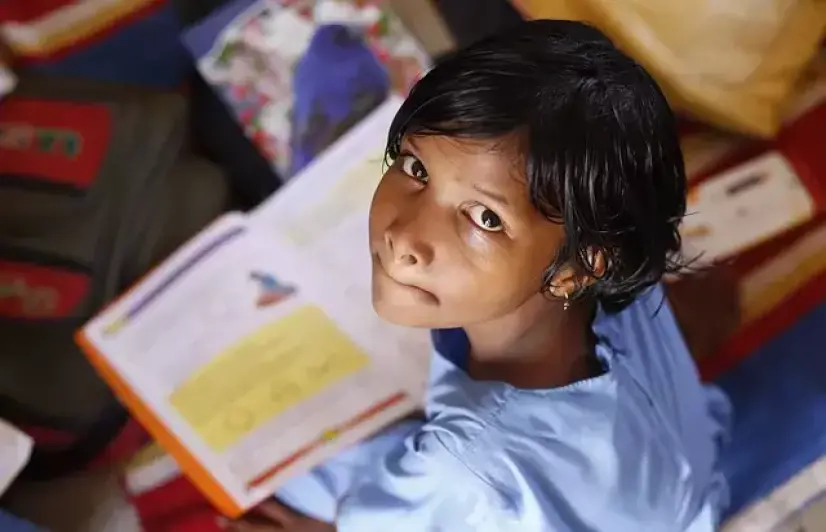Sex ratio improves but bias against girls prevails in Haryana

Sex ratio improves but bias against girls prevails in Haryana
While the Haryana Government is going gaga over crossing the 900 mark in sex ratio at birth (SBR) and awarded for improving statistics under the Beti Bachao, Beti Padhao initiative, the ground picture for fairer sex remains unchanged as people still give preference to the male child.
Haryana’s SBR was 819 in 2001, which was the second-lowest in the country, but it improved to 834 in 2011. At the start of the campaign in 2014, the ratio stood at 871, and it rose to 914 in 2017.
Suman Manjiri, a former police officer who worked on women-related issues, said a mere improvement in statistics doesn't reflect the change in the perception of masses.
"When a boy is born, it is seen as a matter of pride and strength for the family while when a girl is born, it is seen as a burden or an uninvited guest in the family,” she added.
She added that the scene among the educated is no different from uneducated people and still prefer a boy.
Karminder Kaur, district child marriage prohibition and protection officer of Rohtak, told 101Reporters that over 300 child marriages were prevented in Haryana last year. She stated that the parents were of the opinion that a minor girl would be safer with an older man.
"Their general mindset is to dispose them off as soon as they get 13 or 14. They live in some unknown fear related to the girl child, while for the boy they think differently," she added.
Surekha, general secretary of Accredited Social Health Activist (ASHA) workers of Haryana, said the practice of doling out cash over the birth of boy to female health workers is still rampant, but when a girl is born neither the nurse nor any member of the female staff who aided in the delivery of child gets isn’t offered anything by the family members.
She added that despite the fact that the pregnant woman has no role in the gender selection of the child, she has to bear the pressure of in-laws and parents to give birth to a male child.
Crushed dreams
There is no point of celebrating as the women girl from cradle to grave remains unchanged in the state, stated Bhumika Sharma, an assistant professor at Sonipat's GVM Girls College.
She said the number of girls leaving their education after school is alarming and the parents don’t want to send their daughters to a city owing to the rising levels of crimes against women.
"There are hundreds of girls whose dreams die every day. They are conditioned to live the life of an ordinary woman who knows how to cook, mop floor, serve husband and retire with no complaint", she added.
Pratibha Rani, a college student, said that while parents have started sending off their daughters to college, the mindset related to the choice of clothes is still restricted.
“Girls are required to step outside in fully covered clothes. Wearing jeans or shorts or western clothes are still considered taboo in the rural areas”, she added.
She claimed that a local girl was disallowed from studying at Indian Institute of Technology, Hyderabad, as her parents were worried about her safety and security.
Partap Ahlawat, a resident of Dighal village in Jhajjar district, dubbed the effort of women empowerment unnecessary. He claimed that girls should be married off at an early age to avoid issues like crimes against women. “She has to manage her in-laws’ house, the faster she reaches there, the better it is for her”, he stated.
He said the issues related to giving equal opportunities and empowerment have never been an issue for rural people or this issue is never raised by them in the election.
Would you like to Support us
101 Stories Around The Web
Explore All NewsAbout the Reporter
Write For 101Reporters
Would you like to Support us
Follow Us On
